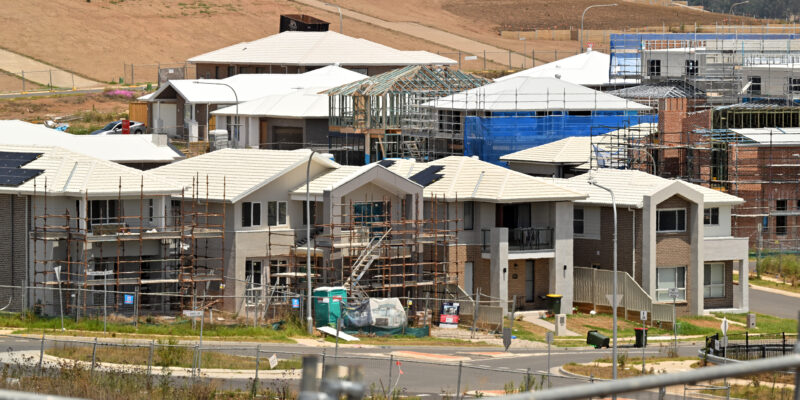Radical plan to stop scammers – by stopping emails in property deals
Regulator says using a MyGov-style, multi factor authentication-enabled portal is the best way best scams that are costing millions of dollars.

CONVEYANCERS should stop using emails in all property deals to stop scammers intercepting sensitive data.
A portal like the MyGov app that is used by the Federal government should be used instead, according to settlement industry regulator Trish Blake.
The Commissioner for Consumer Protection at Department of Local Government, Industry Regulation and Safety in Western Australia has received the backing of colleagues on the East Coast.
Blake believes the conveyancers and real estate agents could partner to produce the portal to stop criminals getting away with millions when they hijack home-buying deals. Scamwatch was notified of losses totalling $12,237,870 in false billing cases in the first five months of 2025.
“Ideally what we’d like to see happen is for all settlement agents and real estate agents to cease sending their customers emails,” said Blake, who noted that just three weeks ago, a family lost $370,000 to a sting in WA.
“That’s from the whole life cycle of their interaction. They should use a secure portal.
“The e-mail is where the vulnerability sits now. It doesn’t matter where the hack comes from.”
As hackers have become more adept at infiltrating computers – even leaving malware in places for months and years – new weapons are needed to thwart the threats.
“What we want is for settlement agents to use a portal, much like your MyGov or your banking portal where all the information is stored,” added Blake.
“You get a text message that says there’s a message waiting for you in your portal – and to log in with your 2FA.”
While some settlement agents are on board, some are worried about the number of documents they exchange with their clients, or that their clients do not want another app on their phone. But, as she says, a web-based system could also be utilised.
Given the tactics employed by the criminals and their understanding of the behavioural science, having a secure portal is vital, the regulator said.
“These scammers are pushing people into a sense of urgency. For a lot of these customers, this is a once, maybe twice in a lifetime transaction and they are bombarded by emails all along the way,” she said.
“So when they finally get an e-mail allegedly from their conveyancer that says it’s time to pay they’re in an easily confused state. Scammers work people up into a panic. The victims end up in a fight or flight mode.”
And it’s no wonder they’re confused with genuine-looking but subtly altered emails where the warning footer has been deleted from the e-mail.
“Scammers don’t even say they’ve changed the bank account details. There will just be a reminder, saying ‘here’s my bank account details’. Or they will attach a PDF invoice which has the scammers bank account details instead of the agents.”
How is it going to be developed?
Blake – who has early interest from NSW – says the property industry could drive the initiative to create a portal.
“There is a real opportunity for real estate agents and settlement agents to partner up. It just becomes a much safer way of doing business.
“It makes sense that it’s something the industry adopts nationally because it’s better for them to be able to say we’re safe.”
Like the banks stopped sending links via email a long time ago, Blake believes the property industry needs to adapt their practices to ensure their customers safety “and to protect their reputations.
“As I say to settlement agents now, it’s not just the consumer who loses their money.
“The settlement agent loses their commission, the real estate agent loses their commission, the vendor loses the sale, and the reputation of the industry takes a dive, and that is bad for everyone because if people can’t trust doing these transactions, they may stop or slow down their participation in the real estate market.”





